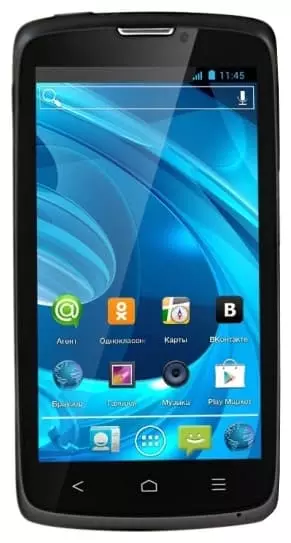How to Clear the Cache on DNS SI4301
Internal memory of DNS SI4301 gradually fills up during usage. Users can clear the cache on the DNS SI4301, after which the memory will become available to its fullest capacity.
What is Cache and What is It Used for?
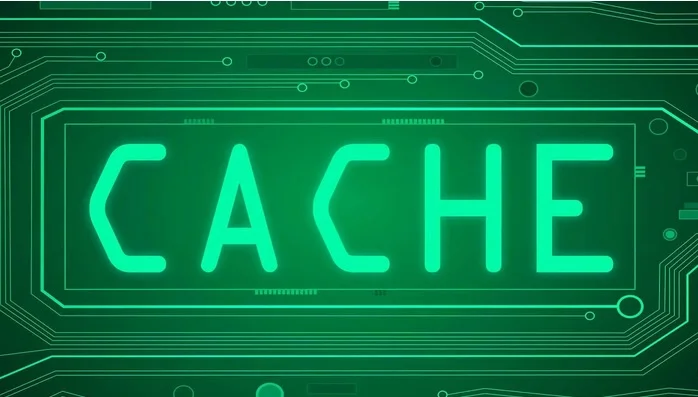
Cache is an intermediate storage that collects data for its faster access. Let’s look at a web browser for a clear example of the importance of such storage. For example, a DNS SI4301 user often visits the same site. On their first visit to the website, opening the page takes 3 seconds, and on the next visit it only takes 1 second. Thus, using cache saves time.
Cache is built up by a variety of applications. These can include browsers, image processing software, video editors, social networks and games. Despite the obvious benefits of using cache, this temporary buffer has a significant drawback. It takes up a lot of free space in the internal storage.
Since important files like account passwords or multimedia do not get stored into the cache, you can get rid of it without any consequences. As such, owners of DNS SI4301 will not only get additional space on their internal storage, but also speed up the device.
Ways to Clear Cache on DNS SI4301
DNS SI4301 offers its users several ways to remove excess data, including cache. The user can perform the operation both by built-in means (manually or automatically) and through special applications.
Manual Cache Clearing
Since the temporary buffer is formed by applications, this way can be performed by manually clearing the cache of individual apps one by one. You will need to:
- Open the phone settings.
- Go to the Applications section.
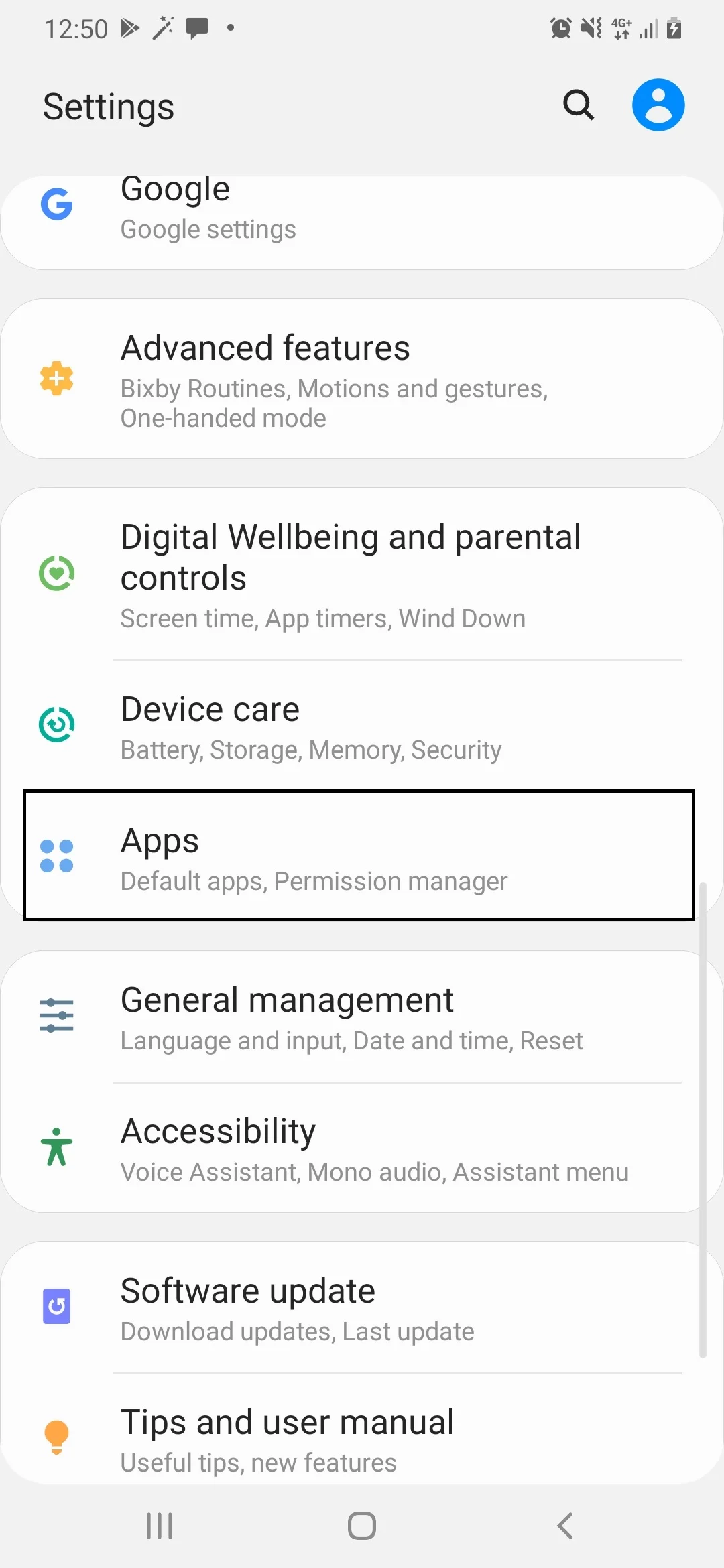
- Select the required app.
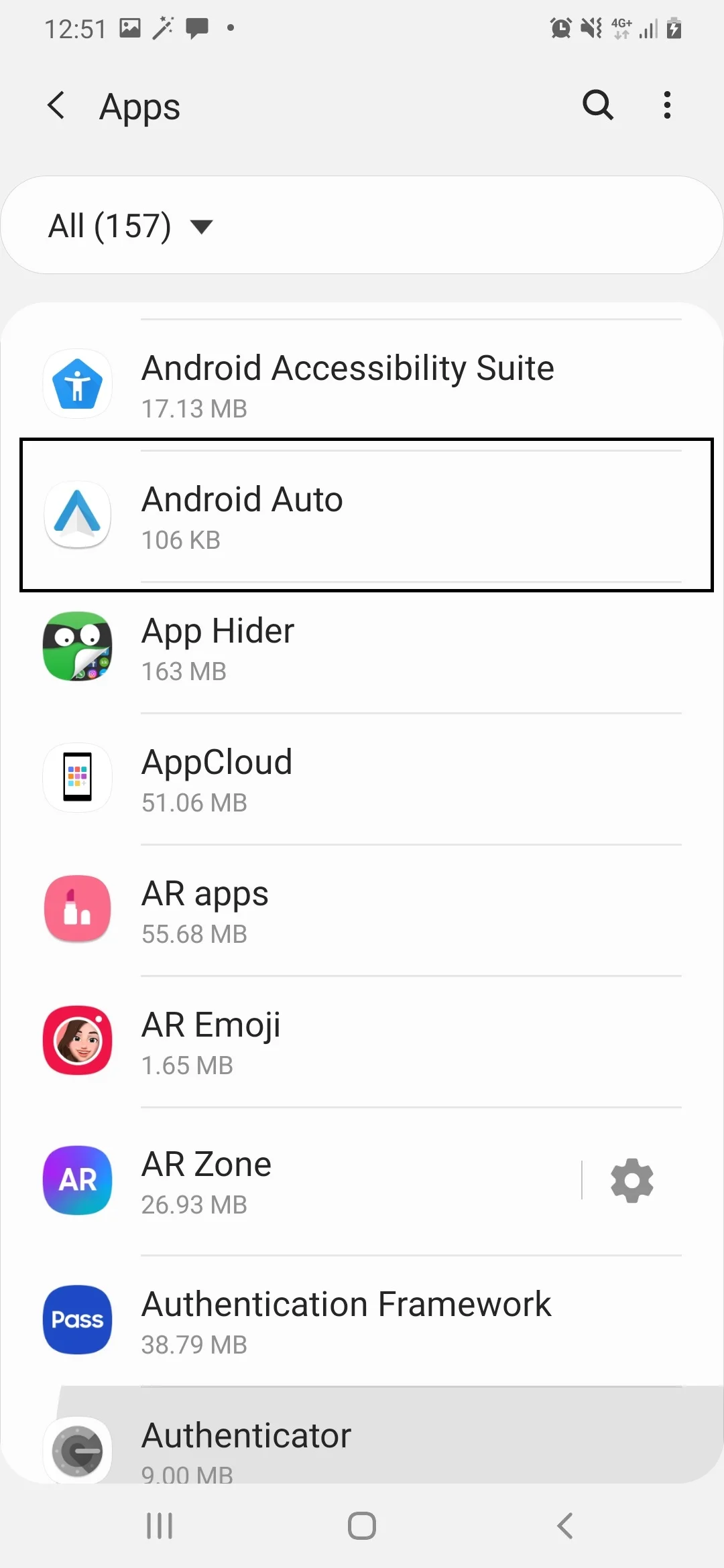
- Open the Storage section.
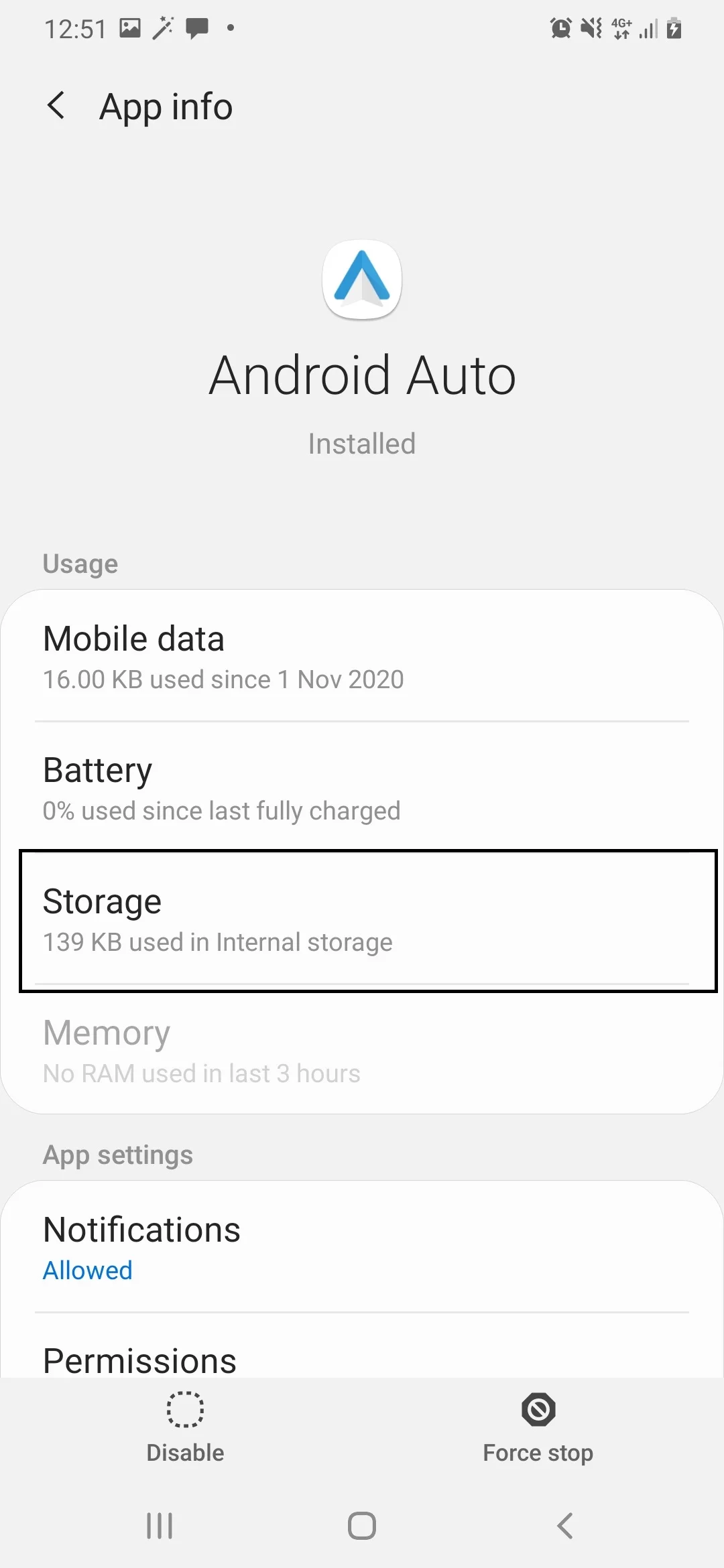
- Press the Clear cache button.
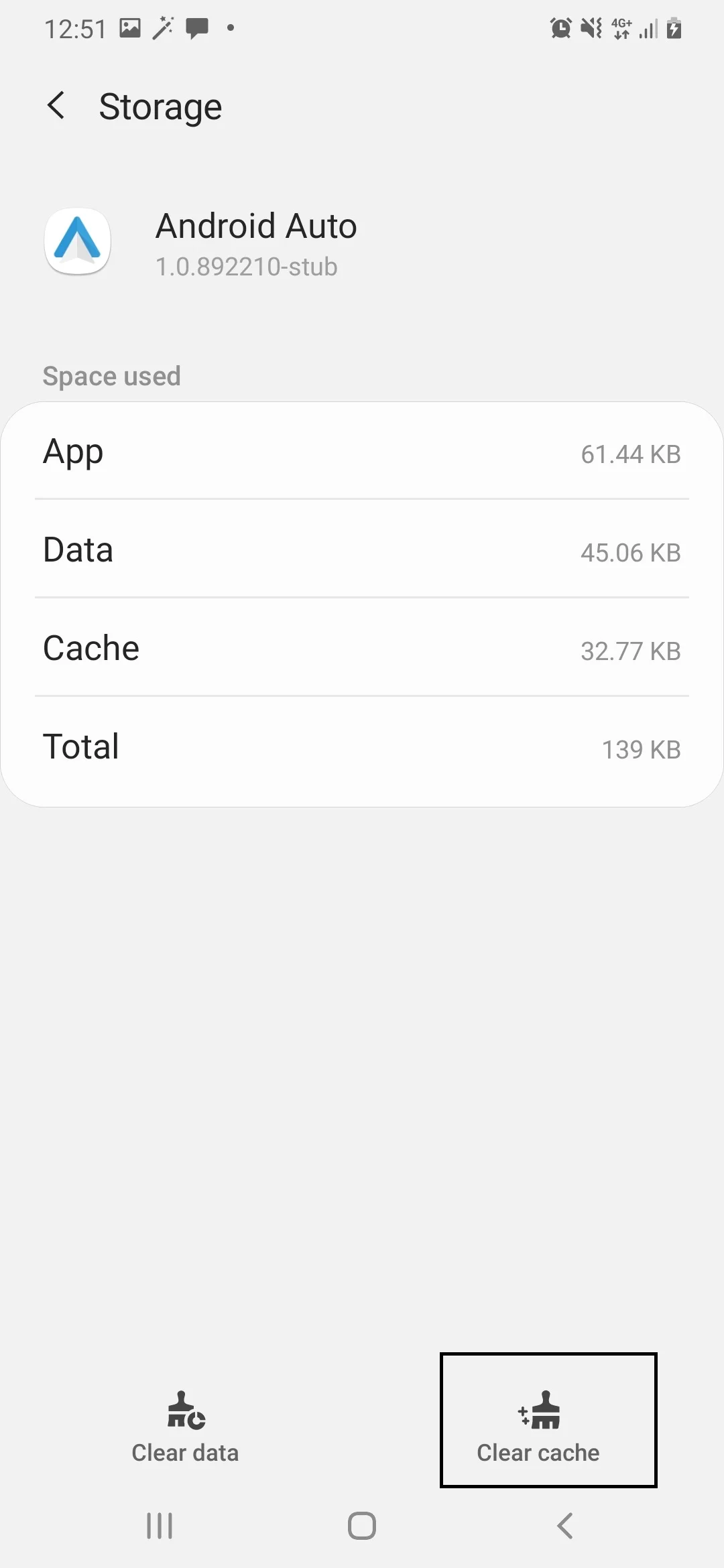
Clearing the temporary buffer should not be confused with flushing application data. Only unnecessary information gets deleted in the first case, while the second clears account settings and other important info.
Automatic Cleaning via Settings
The DNS SI4301 phone has a useful feature that allows you save up time by avoiding clearing the cache of individual apps. The system is able to independently determine the list of unnecessary files and delete them. To automatically remove excess data, you will need to:
- KeepClean;
- Cleaner;
- CCleaner.
All apps work on a similar basic principle. Therefore, taking a look at the way such applications function based on the example of CCleaner would be enough. The utility is one of the most popular and is available on both smartphones and PCs.
Excess data cleaning via CCleaner is performed as follows:
- Run the application and allow access to device storage.
- Press the Quick Clean button.
- Wait for the scan to finish and mark the files you want to get rid of.
- Press the Finish Clean button.
The screen will display information about the successful completion of the operation after deleting the cache. You can then uninstall CCleaner or leave the application to perform more cleanups in the future.
How Often do Users Need to Clear the Cache?
Cache is not only important data that allows you to launch applications faster, but also excess files that takes up free space in DNS SI4301’s storage. The temporary buffer is replenished daily, and the rate at which new excess data appears depends on how actively the owner uses their smartphone.
As a preventive measure, it is recommended to clean the cache monthly. But in some situations, disposal of such excess data is strongly required. For example, if:
- the device is buggy and unstable;
- the internal storage has less than 20% free space;
- individual applications do not launch.
If none of the conditions are met, you can safely do without clearing the cache. But keep in mind that large amount of excess data may present itself at the most inopportune moment, so you should not forget about preventive measures.
Share this page with your friends:See also:
How to flash DNS SI4301
How to root DNS SI4301
Hard reset for DNS SI4301
How to reboot DNS SI4301
How to unlock DNS SI4301
What to do if DNS SI4301 won't turn on
What to do if DNS SI4301 doesn't charge
What to do if DNS SI4301 doesn't connect to PC via USB
How to take a screenshot on DNS SI4301
How to reset FRP on DNS SI4301
How to call recording on DNS SI4301
How to update DNS SI4301
How to connect DNS SI4301 to TV
How to backup DNS SI4301
How to disable ads on DNS SI4301
How to clear storage on DNS SI4301
How to increase font on DNS SI4301
How to share internet on DNS SI4301
How to transfer data to DNS SI4301
How to unlock bootloader on DNS SI4301
How to recover photos on DNS SI4301
How to record the screen on DNS SI4301
How to find blacklist in DNS SI4301
How to set up fingerprint on DNS SI4301
How to block number on DNS SI4301
How to enable auto-rotate on DNS SI4301
How to set up or turn off an alarm on DNS SI4301
How to change ringtone on DNS SI4301
How to enable battery percentage on DNS SI4301
How to turn off notifications on DNS SI4301
How to turn off Google assistant on DNS SI4301
How to turn off the lock screen on DNS SI4301
How to delete app on DNS SI4301
How to recover contacts on DNS SI4301
Where is the recycle bin on DNS SI4301
How to install WhatsApp on DNS SI4301
How to set contact photo in DNS SI4301
How to scan QR code on DNS SI4301
How to connect DNS SI4301 to computer
How to install SD card in DNS SI4301
How to update Play Store in DNS SI4301
How to install Google Camera in DNS SI4301
How to enable USB debugging on DNS SI4301
How to turn off DNS SI4301
How to charge DNS SI4301
How to use the camera on DNS SI4301
How to find lost DNS SI4301
How to set password on DNS SI4301
How to turn on 5g on DNS SI4301
How to turn on VPN on DNS SI4301
How to install apps on DNS SI4301
How to insert a SIM card in DNS SI4301
How to enable and configure NFC on DNS SI4301
How to set time on DNS SI4301
How to connect headphones to DNS SI4301
How to clear browser history on DNS SI4301
How to disassemble DNS SI4301
How to hide an app on DNS SI4301
How to download YouTube videos on DNS SI4301
How to unblock a contact on DNS SI4301
How to turn on the flashlight on DNS SI4301
How to split the screen on DNS SI4301
How to turn off the camera sound on DNS SI4301
How to trim video on DNS SI4301
How to check RAM in DNS SI4301
How to bypass the Google account on DNS SI4301
How to fix black screen on DNS SI4301
How to change the language on DNS SI4301
How to open engineering mode in DNS SI4301
How to open recovery mode in DNS SI4301
How to find and turn on a voice recorder on DNS SI4301
How to make video calls on DNS SI4301
DNS SI4301 sim card not detected
How to transfer contacts to DNS SI4301
How to enable/disable «Do not disturb» mode on DNS SI4301
How to enable/disable answerphone on DNS SI4301
How to set up face recognition on DNS SI4301
How to set up voicemail on DNS SI4301
How to listen to voicemail on DNS SI4301
How to check the IMEI number in DNS SI4301
How to turn on fast charging on DNS SI4301
How to replace the battery on DNS SI4301
How to update the application on DNS SI4301
Why the DNS SI4301 discharges quickly
How to set a password for apps in the DNS SI4301
How to format DNS SI4301
How to install TWRP on DNS SI4301
How to set up call forwarding on DNS SI4301
How to empty the recycle bin on DNS SI4301
Where to find the clipboard on DNS SI4301
How to Clear the Cache on Another Phones
